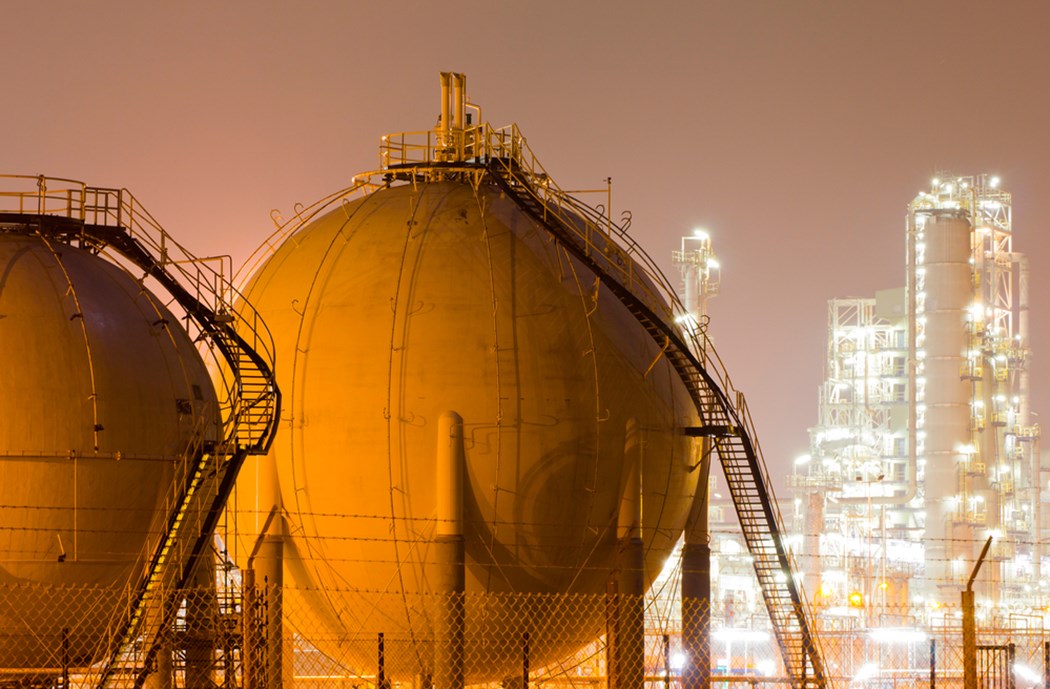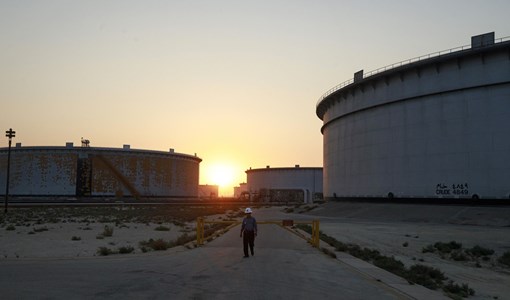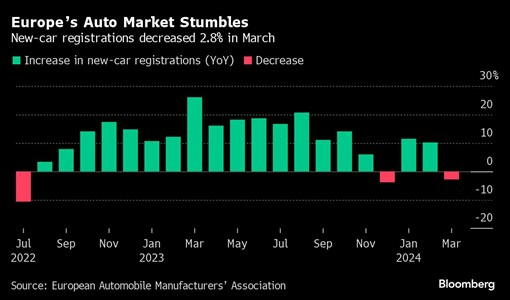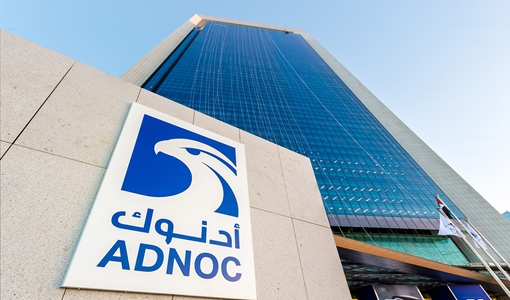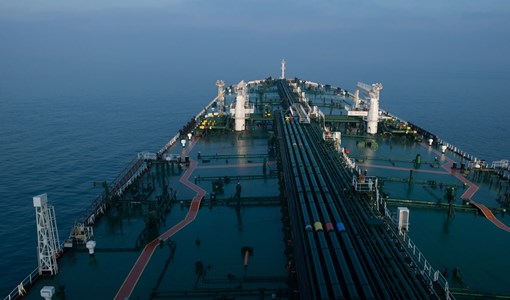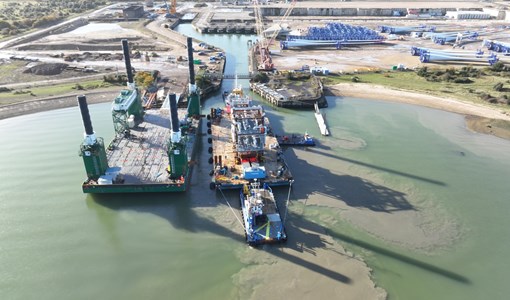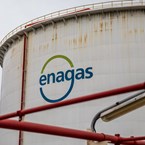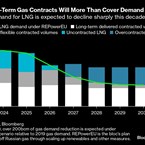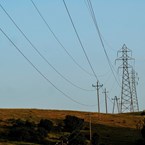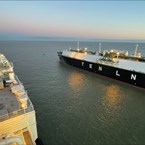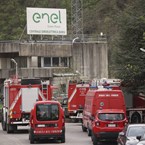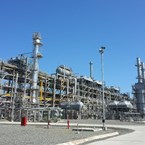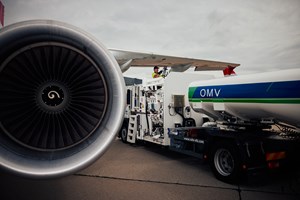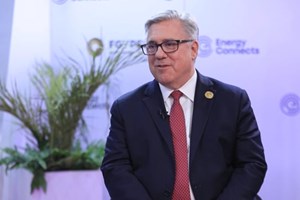APICORP issues its annual top picks for energy sector in 2021
APICORP’S Top Picks 2021 by The Arab Petroleum Investments Corporation highlights emerging trends within the energy investment and financial landscape in the MENA region in 2021 and beyond.
Assuming the deployment of effective vaccines and absence of future mutations of the COVID virus, the report notes that MENA region’s path to economic and energy recovery will continue to be shaped by policy, namely the degree of fiscal and monetary accommodation and oil production management.
Dr. Leila R. Benali, Chief Economist at APICORP, said, “The recovery will be mixed and not necessarily sustainable across the board. Subdued domestic demand and inflation, along with a weak dollar and debt and stimulus packages, will likely lead to a rebound in 2021. It Is the sustainability of this recovery, however, that remains unclear at this stage.”
Energy investments and sector transformation
The energy sector, both globally and in the region, witnessed a 20%+ year-on-year decline in investments and is facing a recovery that is expected to take longer than the post-2014 oil price collapse. As a result, the energy sector is undergoing a major transformation – or a ‘Global Reset’ as it has come to be known – that will likely result in industry consolidations, mergers and acquisitions and strategic jostling and repositioning by industry players.
“The current vicious circle of low revenue, low investment, low output needs to be broken, and a virtuous cycle of investments in lower cost, lower carbon, sustainable assets needs to be induced. This gives low-cost oil and gas and low-carbon power producers a substantial advantage and positions them to be among the few energy producers who will emerge as clear winners in the post-COVID-19 world,” Dr. Benali noted.
In its MENA Gas & Petrochemicals Outlook 2020-2024, APICORP noted that committed gas investments in the region held steady, a contrast to the decreased investments in oil and gas investments worldwide. Planned gas investments meanwhile jumped by 29% due to increased commitment to gas-to-power projects, improved monetization of gas as a feedstock and strategic market share positioning for exports.
Financing energy transition in an era of heightened investor expectations
According to APICORP, the period between 2021 and the end of the decade is expected to be marked by three important global challenges: building a resilient recovery from the pandemic, achieving the UN goal of universal access to sustainable energy for all (SE4ALL) and charting a new course for tackling the ongoing climate change emergency.
“The energy sector is at present an entrenched industry that has been hit by three crises in a span of just one decade. With its modest growth expectations even before the 2020 crisis hit, the industry has witnessed an investor exodus and registered by far the lowest returns to shareholders over the past decade compared to the other main economic sectors,” Dr. Benali said.
The key to enabling existing and new low-carbon energy technologies to fully blossom lies in funding and regulations, APICORP notes. As illustrated by renewables, a preferred investment choice currently for infrastructure projects, such technologies still do not offer all the market capitalization, dividends and liquidity characteristics that conventional funding sources normally seek. While renewables in particular have benefited from new unconventional mechanisms which have mitigated this funding gap, other parts of the low-carbon value chain – such as carbon capture, utilization and storage (CCUS) – are lagging behind.
KEEPING THE ENERGY INDUSTRY CONNECTED
Subscribe to our newsletter and get the best of Energy Connects directly to your inbox each week.
By subscribing, you agree to the processing of your personal data by dmg events as described in the Privacy Policy.
More oil news

Mexico’s Sheinbaum Plans to Spend Billions on Gas, Solar Plants
Apr 15, 2024
What’s Next for Crude Oil? Analysts Weigh In After Iran’s Attack
Apr 15, 2024
Oil Traders Weigh Risks of Iran-Israel Conflict in Tight Market
Apr 14, 2024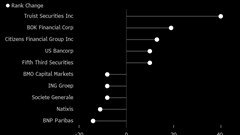
US Regional Banks Dramatically Step Up Loans to Oil and Gas
Apr 14, 2024
Oil Rises to October High as Israel Prepares for Iranian Attack
Apr 12, 2024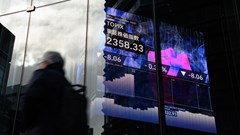
Gold Hits New Record, Oil Rises on Mideast Tension: Markets Wrap
Apr 12, 2024
Oil Swings Near $90 With Risk of Iran Strike on Israel in Focus
Apr 11, 2024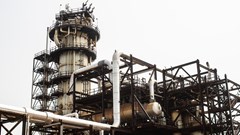
Oil Holds Two-Day Loss as Report Points to Rising US Inventories
Apr 10, 2024
Commodity Traders Rake in Billions in Second Blockbuster Year
Apr 08, 2024
Oil Rally Takes Breather With Israel to Pull Some Gaza Troops
Apr 08, 2024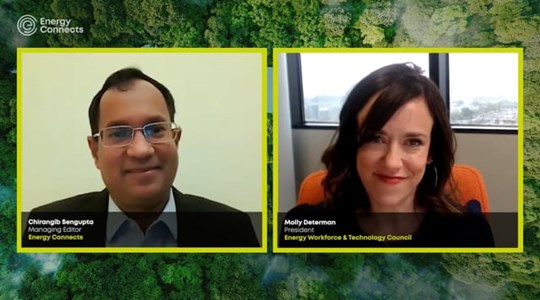
Energy Workforce helps bridge the gender gap in the industry
Mar 08, 2024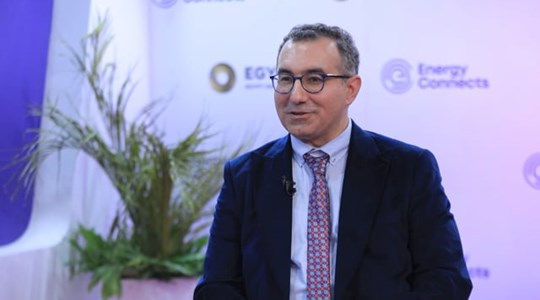
EGYPES Climatech champion on a mission to combat climate change
Mar 04, 2024
Fertiglobe’s sustainability journey
Feb 29, 2024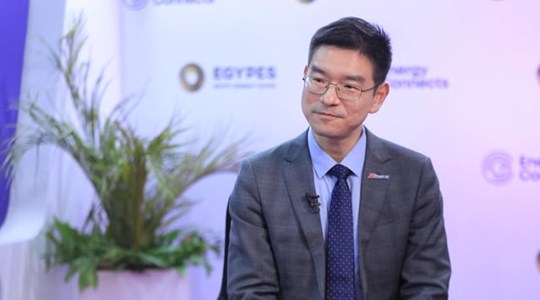
Neway sees strong growth in Africa
Feb 27, 2024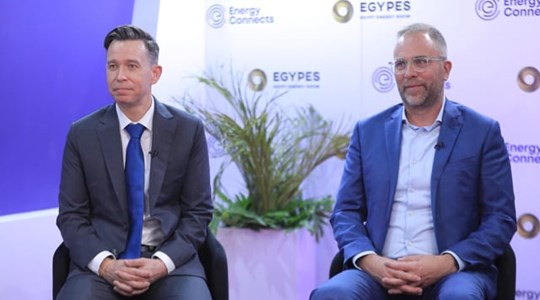
P&O Maritime Logistics pushing for greater decarbonisation
Feb 27, 2024
India’s energy sector presents lucrative opportunities for global companies
Jan 31, 2024
Oil India charts the course to ambitious energy growth
Jan 25, 2024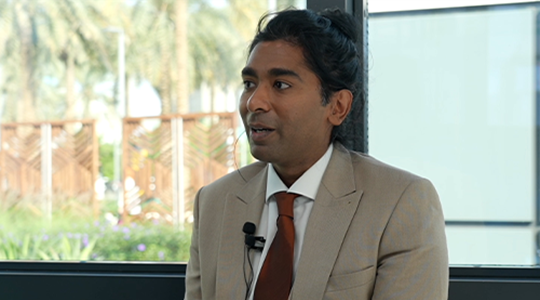
Maritime sector is stepping up to the challenges of decarbonisation
Jan 08, 2024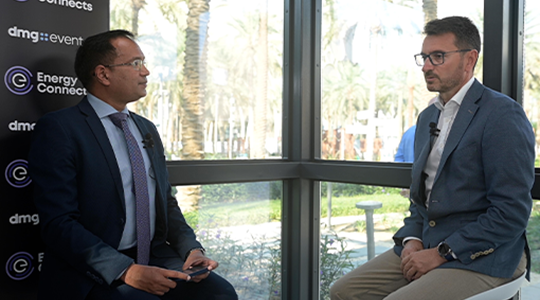
COP28: turning transition challenges into clean energy opportunities
Dec 08, 2023
Why 2030 is a pivotal year in the race to net zero
Oct 26, 2023Partner content

Ebara Elliott Energy offers a range of products for a sustainable energy economy
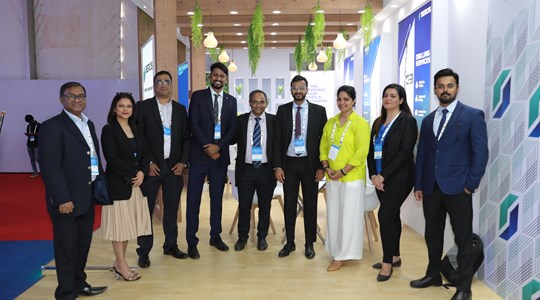
Essar outlines how its CBM contribution is bolstering for India’s energy landscape

Positioning petrochemicals market in the emerging circular economy

Navigating markets and creating significant regional opportunities with Spectrum


